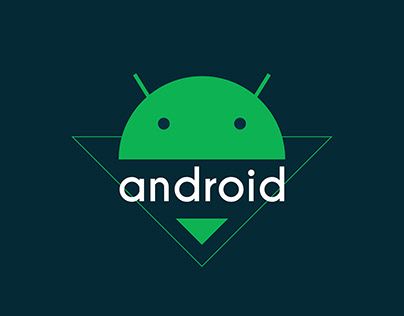Android development is one of the most in-demand career paths in the tech industry, thanks to the massive popularity of Android devices worldwide. To excel in this field, aspiring Android developers must acquire a combination of technical and soft skills. Here are the essential skills every Android developer should master:
1. Proficiency in Programming Languages
Android developers must be skilled in:
- Java: The primary language for Android development, known for its versatility and widespread use.
- Kotlin: Officially supported by Google, Kotlin is modern, concise, and designed to improve productivity and reduce errors compared to Java.
2. Understanding of Android SDK and APIs
The Android Software Development Kit (SDK) provides tools and libraries necessary for building Android apps. Familiarity with:
- Android UI components: Buttons, TextViews, RecyclerViews, and more.
- APIs: Integration with third-party services, such as Google Maps or Firebase.
3. Knowledge of Android Studio
Android Studio is the official Integrated Development Environment (IDE) for Android app development. Developers must know how to:
- Set up projects and manage dependencies.
- Use the debugger to troubleshoot code.
- Optimize performance using profiling tools.
4. Understanding of XML
XML (Extensible Markup Language) is used for designing user interfaces and layouts in Android apps. Developers must know how to:
- Create responsive layouts.
- Define styles and themes.
5. Version Control Systems
Familiarity with version control systems like Git is crucial for collaboration and maintaining codebases. Key skills include:
- Using Git commands to commit, push, and pull code.
- Collaborating on platforms like GitHub or GitLab.
6. Knowledge of Databases and APIs
Android apps often require data storage and retrieval. Developers should understand:
- SQLite: A lightweight database for storing data locally.
- Room: A library for database management in Android.
- RESTful APIs: For server-side communication and data fetching.
7. Familiarity with Material Design Guidelines
Material Design is Google’s design system for creating intuitive and visually appealing user interfaces. Developers must:
- Follow Material Design principles.
- Use Material Design components like buttons, cards, and toolbars.
8. Debugging and Testing Skills
Developers must ensure their apps are bug-free and perform well. Key skills include:
- Unit testing: Writing test cases for individual components.
- UI testing: Ensuring the user interface behaves as expected.
- Using tools like Espresso or JUnit for automated testing.
9. Awareness of App Performance Optimization
Performance is critical for user satisfaction. Developers should know how to:
- Minimize app load time and memory usage.
- Optimize battery consumption.
- Reduce network latency.
10. Continuous Learning and Adaptability
The Android ecosystem evolves rapidly, with new tools and updates being released frequently. Developers must:
- Stay updated with the latest Android features and trends.
- Be willing to learn new libraries, frameworks, and tools.
11. Soft Skills
Technical skills alone aren’t enough. Soft skills like problem-solving, communication, and teamwork are essential for collaborating with designers, testers, and other developers.
Conclusion
Becoming a successful Android developer requires mastering a mix of technical and soft skills. By staying updated with industry trends, building hands-on projects, and continually learning, you can thrive in the dynamic world of Android app development.

